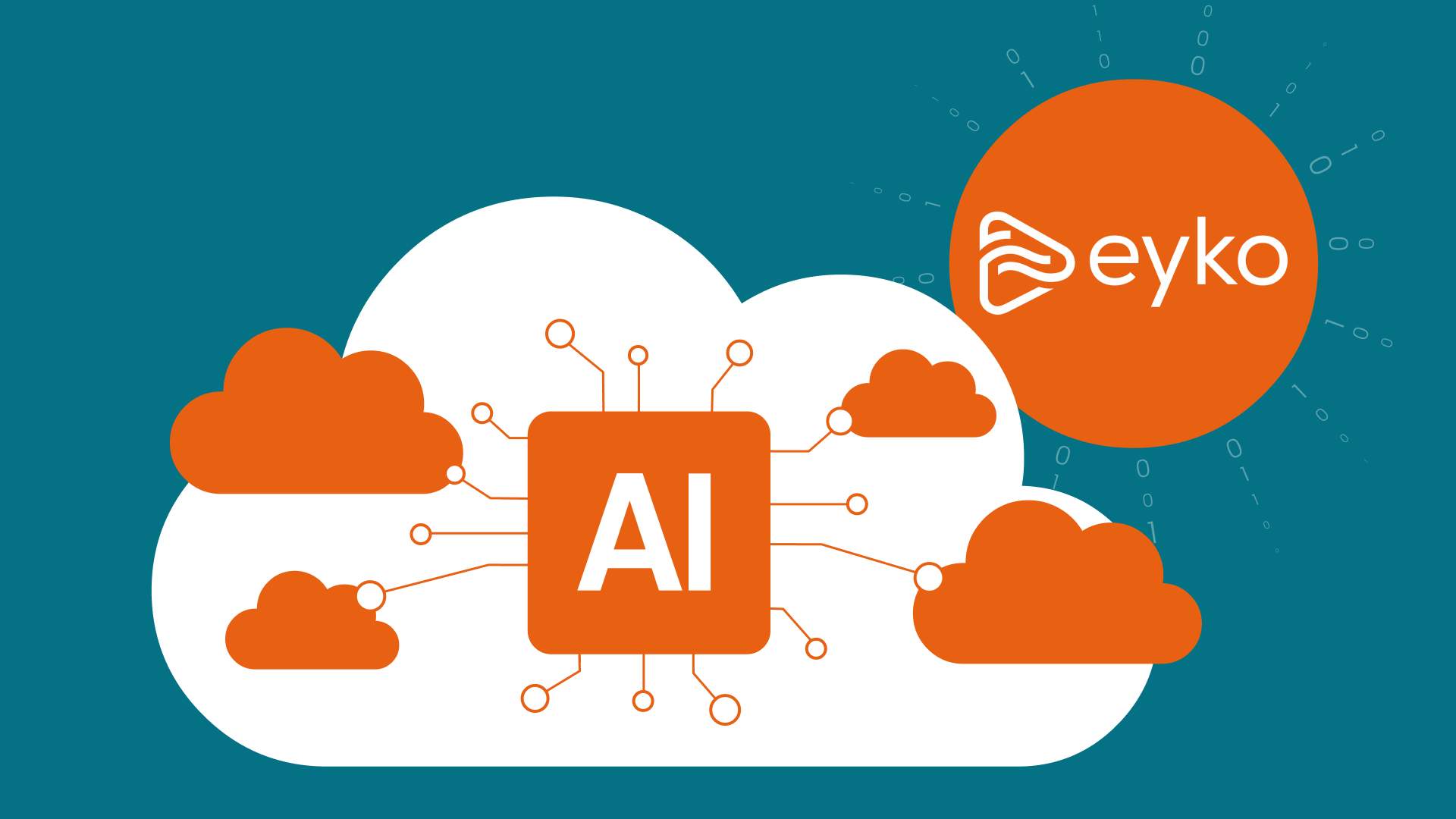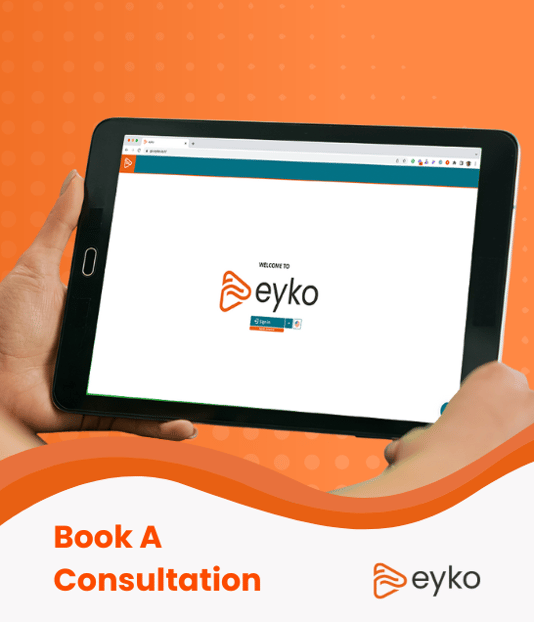Using eyko to Prevent Data Silos During a System Migration
In today's data-driven world, businesses are increasingly recognizing the value of integrating their disparate data sources into a cohesive system. However, during a migration phase, the risk of creating data silos—isolated pockets of data that are difficult to access and analyze—can be significant. This challenge is where eyko shines, offering a robust solution to prevent data silos and ensure a smooth transition.
Unified Data Integration
eyko excels in its ability to connect and integrate data from multiple sources into a single, unified platform. During migration, businesses often deal with various data formats and sources, from legacy systems to cloud-based applications. eyko’s advanced integration capabilities allow these diverse data sets to be consolidated seamlessly. By providing a centralized data repository or virtual data warehouse, eyko eliminates the fragmentation of data, ensuring that all information is accessible and interconnected.
Real-Time Data Synchronization
One of the critical issues during migration is the synchronization of data across old and new systems. eyko addresses this with real-time data synchronization, ensuring that any updates or changes in the source data are immediately reflected in the integrated system. This continuous synchronization prevents the creation of outdated or duplicate data silos, maintaining the integrity and consistency of the data throughout the migration process. Businesses can be confident that their decisions are based on the most current information available.
Automated Data Management
Managing data manually during migration can be a daunting task, often leading to errors and inconsistencies. eyko automates this process, significantly reducing the potential for human error. Its managed virtual data warehouse continuously refines and iterates the data as new sources are added. This automation not only streamlines the migration process but also ensures that the integrated data remains accurate and up-to-date, preventing the inadvertent formation of silos.
Enhanced Analytical Capabilities
Another significant advantage of using eyko during migration is its robust analytical capabilities. By consolidating data into a single platform, eyko enables more comprehensive and insightful analysis. Users can perform complex queries via the AI Assistant with natural language questions and generate detailed reports that draw on the entire spectrum of integrated data. This holistic view is crucial for identifying trends, uncovering insights, and making informed decisions, all while avoiding the pitfalls of siloed data that limit visibility and understanding.
Scalable and Flexible Solution
Eyko’s scalability and flexibility make it an ideal solution for businesses of all sizes and industries during migration. Whether dealing with small datasets or extensive enterprise-level data such as Oracle ERP, Dynamics 365, JD Edwards, Salesforce, Yardi, Anaplan, Hubspot, and more, eyko can scale to meet the needs of the business. Its flexible design allows makes it easy for business users to add new data sources without waiting for IT, ensuring that as the business evolves, its data infrastructure can adapt without the risk of creating new silos. This scalability ensures that eyko remains a valuable tool throughout the migration process and beyond.
In conclusion, eyko is instrumental in preventing data silos during the migration phase by offering unified data integration, real-time synchronization, automated management, enhanced analytics, and scalable flexibility. By leveraging eyko’s capabilities, businesses can ensure a seamless transition to new systems, maintaining data integrity and accessibility, which ultimately leads to better decision-making and operational efficiency.
Share this
You May Also Like
These Related Stories

Why You Need to Break Down Data Silos

Virtual Data Warehousing: Transforming Multi-Source Analytics

